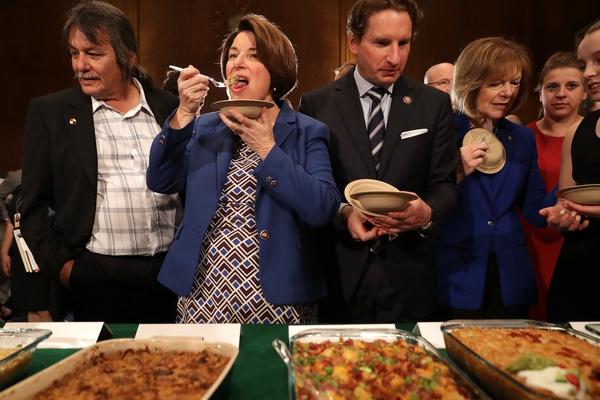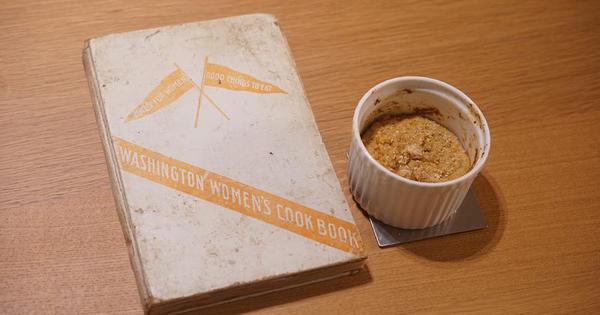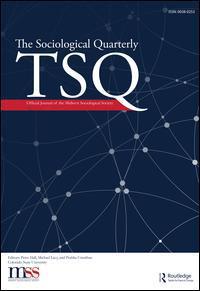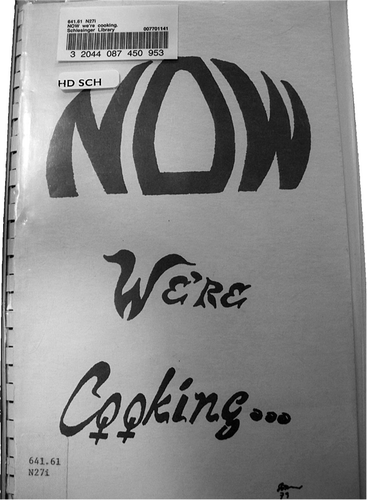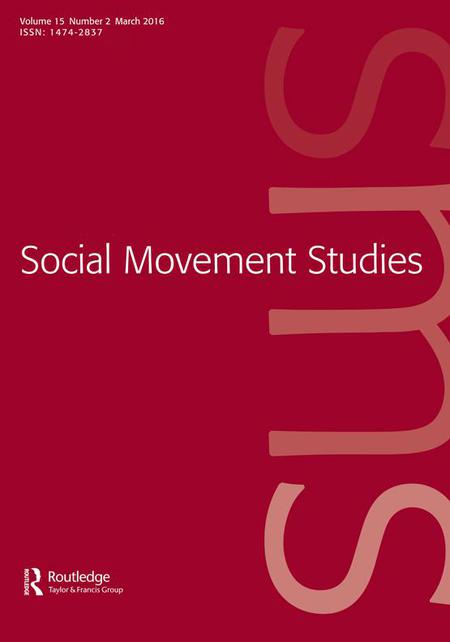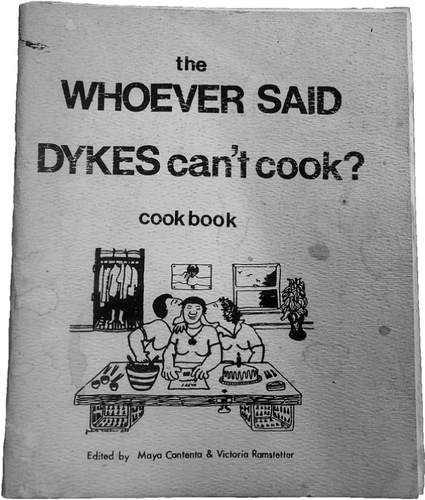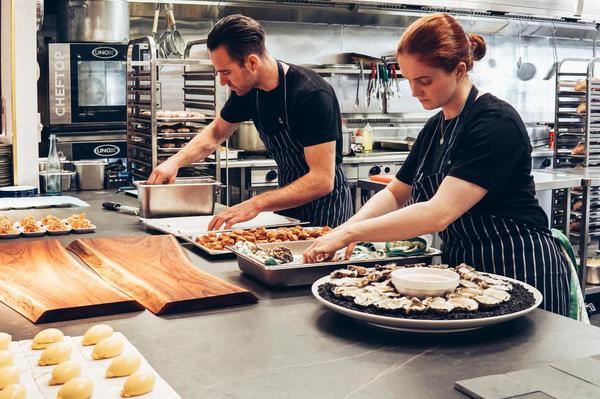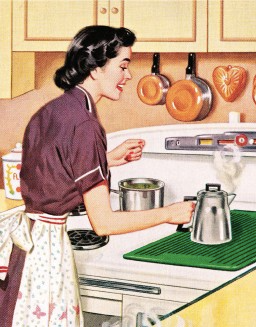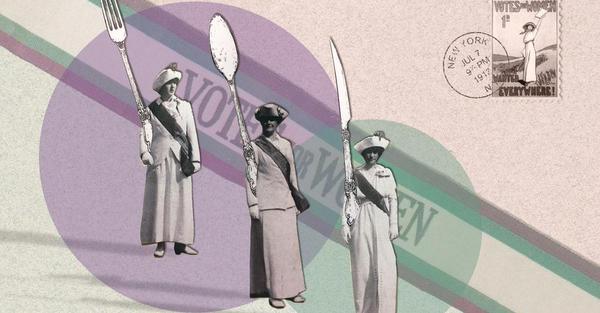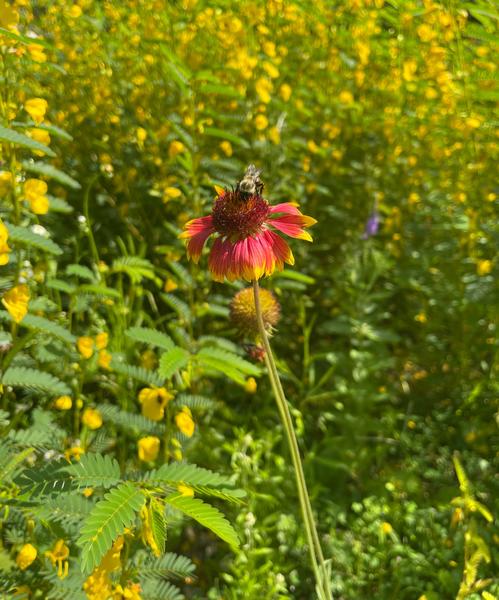
My Lawn to Meadow Journey: An Introduction
You’ve probably wondered what on Earth is going on in my yard.
I’m killing my lawn.
It all started when we decided to convert our house to geothermal heating and cooling, and the only place they could drill the holes was in the front yard. “It’ll ruin your front lawn for a while,” the geothermal representative told us. My ears perked up.
I’m killing my lawn.
It all started when we decided to convert our house to geothermal heating and cooling, and the only place they could drill the holes was in the front yard. “It’ll ruin your front lawn for a while,” the geothermal representative told us. My ears perked up.

